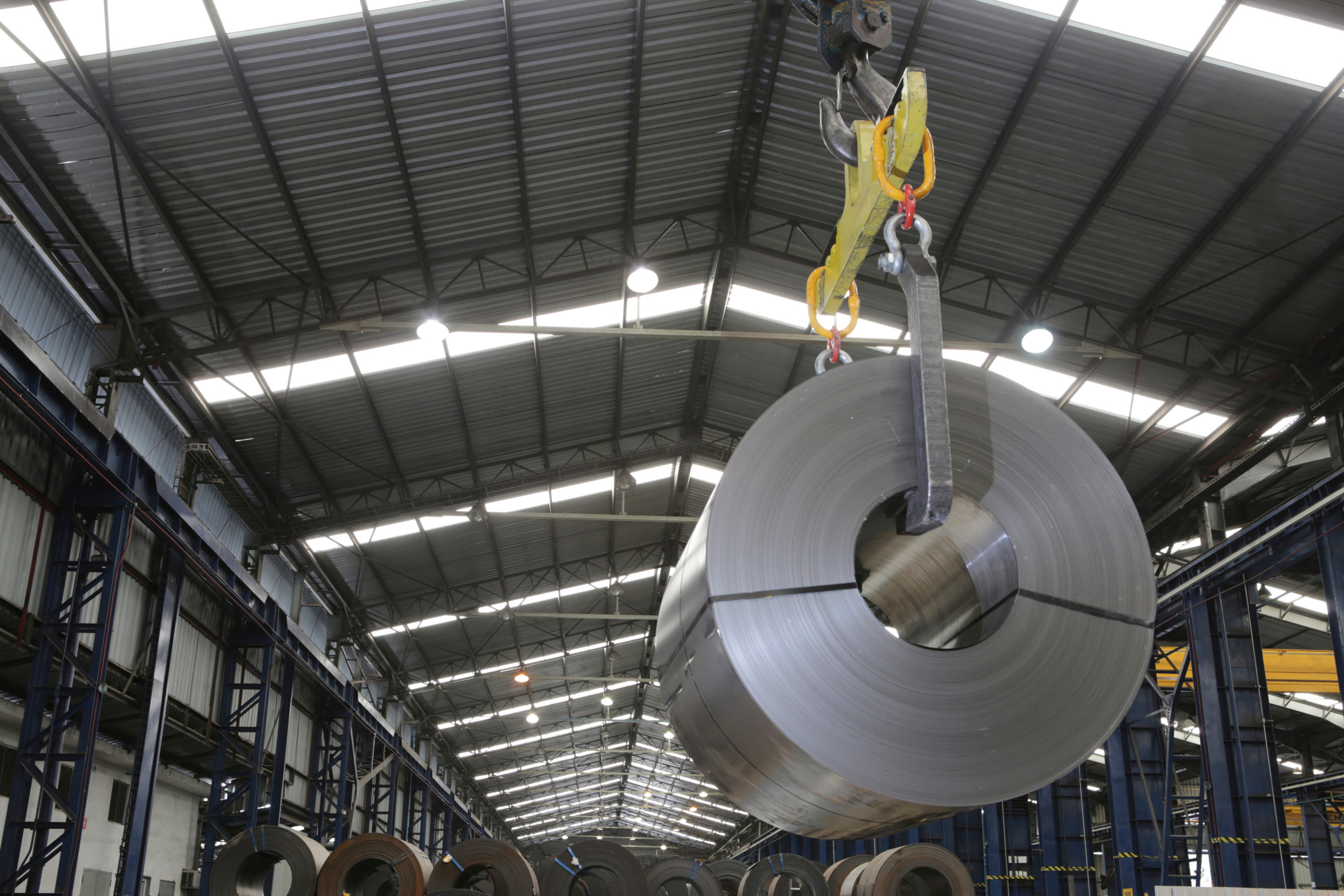Shifting Labour Demands in Canada’s Agri-Food Sector
OTTAWA, July 31, 2024 (GLOBE NEWSWIRE) -- One-third of jobs in the agriculture sector and one-fifth of jobs in the food and beverage manufacturing sector are at risk of automation within the next decade, according to new research from The Conference Board of Canada.
“Automation and digital technologies are revolutionizing Canada’s agri-food sector, offering unprecedented opportunities for growth and innovation,” said Alain Francq, Director, Innovation & Technology at The Conference Board of Canada. “However, this transformation also brings significant implications for the future of work in the industry.”
The integration of these technologies is reshaping traditional processes in the agri-food sector, leading to a shift in the skills requirements and labour demands of its workforce. Many routine repetitive tasks are expected to be automated, replacing a substantial portion of human labour. However, while some roles face a decline, others are expected to expand rapidly. Data scientists and software engineers, for instance, are projected to be among the fastest growing occupations over the next decade, reflecting the sector’s escalating demand for workers with higher levels of education and skills.
“Canada must ensure that its agri-food workforce is well-equipped to navigate this period of transformation,” said Noel Baldwin, Executive Director at the Future Skills Centre. “This will require a strategic approach to workforce development that supports at-risk workers in reskilling to remain relevant in the sector and capitalize on emerging opportunities.”
According to the report, the transition for workers in agriculture will be relatively smoother than for those in food and beverage manufacturing. The smaller differences in abilities, skills and knowledge areas between declining and growing occupations suggest that agriculture workers already possess many of the sought after attributes of emerging roles. As a result, only minor upskilling or reskilling may be necessary. In contrast, the food and beverage manufacturing sector faces more significant challenges. Substantial investments in targeted training programs will be required to bridge the larger skills and knowledge gaps between current and growing roles.
Investing in both education and professional development programs will be crucial for facilitating a smooth transition for workers whose roles are at a high risk of automation. Additionally, enhancing talent attraction efforts, implementing knowledge transfer programs, and providing other supports for farmers and workers in the industry will be essential for preparing the workforce to meet the evolving demands of this increasingly technology-driven landscape.
Media Contact
The Conference Board of CanadaE-mail: [email protected]Tel: 613-526-3090 ext. 224
About The Conference Board of CanadaThe Conference Board of Canada is the country’s leading independent research organization. Since 1954, The Conference Board of Canada has been providing research that supports evidence-based decision making to solve Canada’s toughest problems. Follow The Conference Board of Canada on Twitter @ConfBoardofCda.












